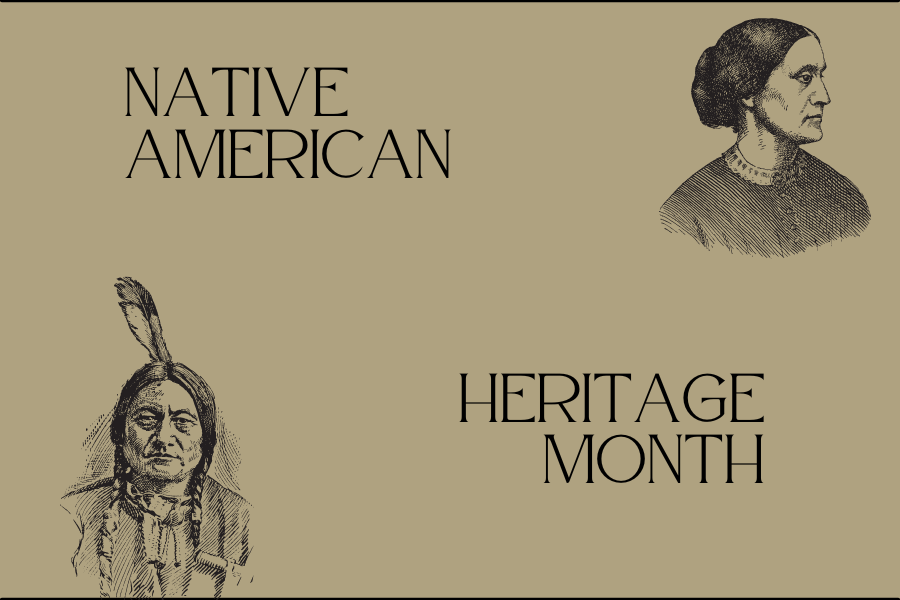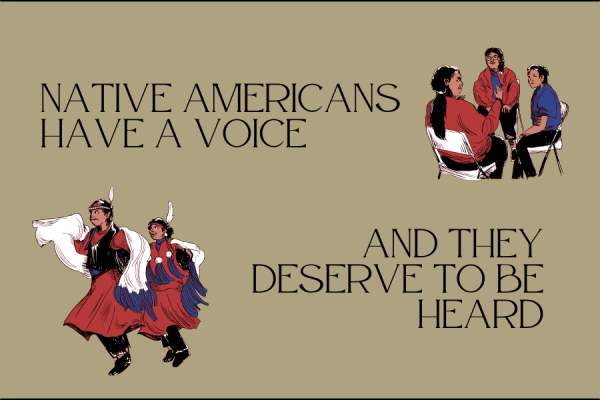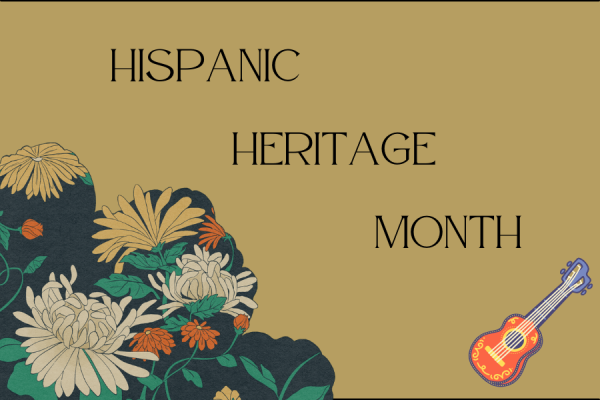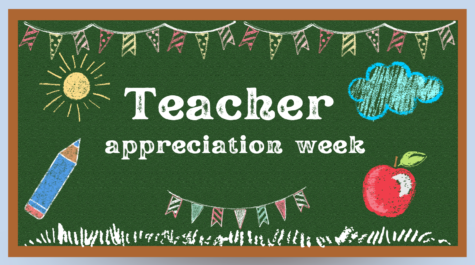The history behind why we have a Native American Heritage Month
Native American Heritage Month is in November and during it we celebrate Native American people’s past and present and rededicate ourselves to honoring Tribal sovereignty, promoting Tribal self-determination, and upholding the United States’ solemn trust and treaty responsibilities to Tribal Nations. It also gives a platform for Native Americans to share their stories and history with other people. It also encourages companies, universities, schools, etc. who normally wouldn’t reach out to them to ask them to talk to theory students/employees and spread awareness.
Most of us already know what Native American Heritage Month is, so in this article you will be shown what Native Americans went through to have an entire month dedicated to them and their history. To have a month dedicated to you means something tragic happened to you and your community. In an interview with Mr. Alan Groves, he gives us insight on a good handful of all of this.
When Groves was asked what he finds unfair in Native American history, his answer was boarding schools. Boarding schools were founded to eliminate traditional American Indian ways of life and replace them with mainstream American culture. The first boarding schools were set up starting in the mid-nineteenth century either by the government or Christian missionaries. “Particularly in the United States, when it came to this idea of Westward Expansion, the government wanted to deal with the people who were already living here and take the land. They made a policy, and the theme of the policy was “Kill the Indian and save the man.” They rounded up these kids and took them to boarding schools, took them away from their parents and tried to socially scrub out being Native American,” Groves stated. “Last year people who understood what happened historically went to some of these schools and x-rayed the ground and found somewhere around 10,000 bodies in the United States and Canada.”
People who were able to make it out of these boarding schools alive made it out with a vast amount of trauma. This trauma didn’t just affect the generations that were in the schools, but it also affected the generations that came after.
“We have a whole generation of people who made it out yet they were left with attitudes that it was not okay for them to practice their culture and that was one thing that happened in those schools,” Groves said. “They wouldn’t allow them to speak their language or practice culture or religion. So a whole generation of people who, even though they made it out, they left with these ideas that their culture was not okay, it was not okay for them to practice these things.” These schools were so detrimental to Native American communities. Groves stated that their culture, their religion isn’t written down. It’s passed from person to person. So if you take the children who know very little, if anything, about their communities and put them in a school that teaches them that it isn’t okay to use, it can be very detrimental to the communities and their practices.
It can be so detrimental to lose such an important aspect to their culture. “It was passed down through generations and then we get this major event that says it’s not okay to pass this down or the people who do know it die and they don’t have the opportunity to pass it down,” Groves says. “So now there’s a lot of people who know that they want something, need something but it’s not available to them so we have to figure out a way to do it. What you typically see in the movies that happened 100-200 years ago, while there are elements of that that made it through there’s so much that didn’t. If we want to pass [it] on we gotta figure out a way to do it.”
So much has changed in their culture, and most of it was not voluntary but forced. They have lost so much in the little time that European explorers came. They lost their lands, their families, their culture, their language, religion, and so much more. And what they do have left, most of it has been misused in the media. This can be really harmful and saddening to those who value these things. “One unique thing about Native American culture is that pretty much everything has a spiritual connection, even in different tribes. The one idea that is getting passed on is that nothing is just out there in the world. Nothing you do is just so show or secular, everything has a connection to something bigger,” Groves said. “It’s not just for art’s sake, it’s something that’s purposeful. So when people take that and use it in their own way, that’s really hard. Because they may be taking a pattern or a dance but they are not taking the lessons or the other impact that those things come with. And so they just take ‘em and use them for [their] own. So sometimes that’s hard when you see people using your stuff that’s so meaningful to you but using it in their own way without any connections to those bigger ideas.”
“…Everyone has stuff that’s meaningful to you, and if you would imagine somebody else taking that meaningful stuff and just using however they want. That can be really hard,” Groves said. Everything in life has a meaning. Like that one heirloom that your family might’ve been keeping ever since your grandparents bought it. Or that one specific tradition that you might do every night at the dinner table. Everything in our lives has a meaning. Now imagine if someone took that heirloom or act and did whatever they wanted with it. It has a history in your eyes and not having that respected can be saddening and discouraging.
Something Alan Groves wished for us to know is that it is okay to ask questions, as long as you have a good relationship with the person. “There’s two parts to this, I’d say number one is to build a relationship. Value people’s differences and then number two would be to seek out knowledge. That it’s always okay, if you have a relationship. Even hard things, like think about the people you ask your hard questions to. It’s the people you usually have a good relationship with and it’s okay to ask hard questions. I think those two things go hand-in-hand, that knowledge is power,” Groves says.
Due to all these problems Native American people deserve a month, a place to speak on their ideas, customs, and cultures. “…There were millions of Native Americans here before Europeans came and now there’s not. I’d say it’s hard to get a platform if you’re not the loudest one,” Groves said after he was asked why he thinks Native Americans have the month of November dedicated to them. “So I think it’s been beneficial to Native American ideas. I’ve had some opportunities to speak at some organizations that maybe wouldn’t do it if it wasn’t this month. And while I hope they’d wanna do it all the time, it does help to have this emphasis this month.”





